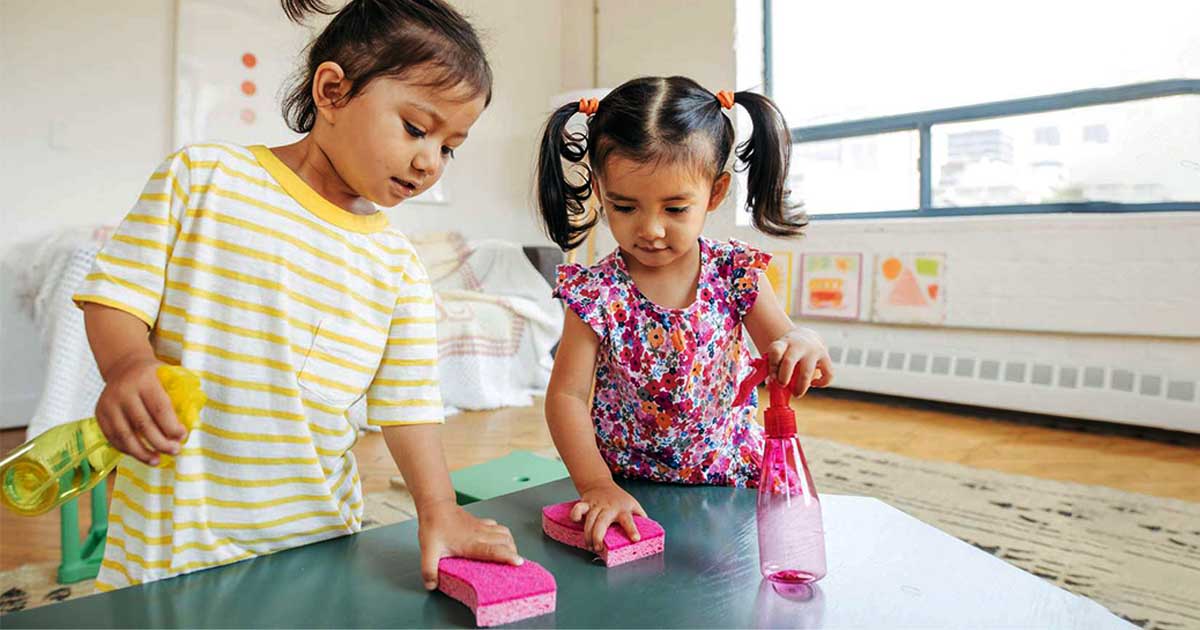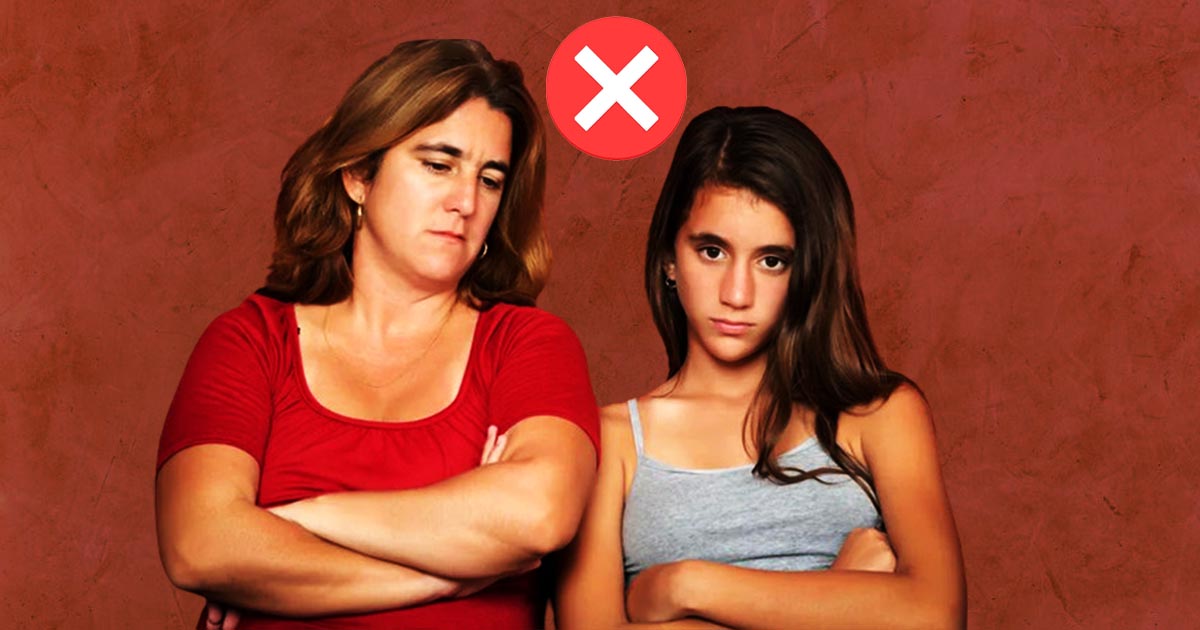Toxic behavior in children occurs as a result of their exposure to long-term and intense stress in the absence of adequate adult support. This kind of stress affects their bodies’ ability to handle stress. Consequently, it can also interfere with the growth and functioning of their brains.
Among the various causes of such stresses in children include; poverty, abuse or neglect, witnessing traumatic events, or instability in their living conditions (homelessness).
It is essential to understand why kids behave toxically because it informs our interventions towards them. In this article, we will examine five subtle indicators that may suggest that a child is under pressure and responding toxically while providing strategies for helping them cope with it.
Toxic Behavior in Children: What Does It Mean?
Significantly, the toxic behaviors of children that often arise from toxic stress may include long-lasting and intense pressure without a corresponding level of care for the child’s development which affects physical health as well as cognitive development.

This type of stress provokes an abnormal prolonged reaction to stress that involves continuous activation of mechanisms for managing it thus interfering with normal functioning of the brain.
Cognitive abilities are impaired at different points in time over one’s life due to this disturbance such as learning difficulties or behavioral problems; both mental and physical illness can be caused by it too.
Moreover, many factors have been identified by researchers as potential sources for childhood toxicity; these include chronic poverty, maltreatment/neglect, exposure to community violence etcetera all of which could alter brain structures critical to self-control and emotion regulation.
Consider neural connections made within the first few years after birth alone where synapses occur at a rate exceeding one million per second. In addition,
If negative events happen during this stage, there is pruning off some synapses leading to reduced efficiency in mental tasks requiring cognitive processing power.
Read More: What Is Toxic Parenting? Signs And Ways To Deal With Toxic Parenting
5 Subtle Signs of Toxic Behavior in Children
It can be difficult to identify subtle indications of toxicity in youngsters because such actions often resemble normal responses to stress or discomfort at first.

Nevertheless, if these conduct persist and interfere with the child’s engagement with peers as well as their surroundings, they could be symptomatic of toxic stress.
Keep an eye out for these five signs of toxic behavior in children:
1. Isolating Oneself from Society:
Isolating oneself from society can be seen as an unobtrusive but significant sign of abnormal behavior among children. It is not about being shy; however, they refuse to participate in social activities that are used to entertain them or any other person.
This may also come with showing signs of discomfort or fearfulness when it comes to social situations.
These changes tell us that there might be some problems like anxiety or emotional agony beneath such behaviors and therefore we need to handle the causes not only the symptoms themselves seriously.
2. Academic Performance Changes:
When a child’s grades suddenly drop, it is usually an indication that they are going through stress or emotional turmoil.
This decline in performance is often steep and noticeable because these kids find it hard to concentrate on their studies when there are underlying pressures around them that make everything seem boring.
If a learner continues experiencing academic difficulties without any apparent environmental cause, then this could mean deeper psychological problems and hence should be dealt with beforehand.
3. Excessive Irritability or Mood Swings:
Children who are extremely irritable or have severe mood swings may be experiencing unhealthy levels of stress. This can manifest as over-the-top emotional responses to small things or changes in their surroundings.
What is particularly concerning is if these states cannot be managed within a reasonable time frame –– or start interfering with daily life altogether.
4. Physical Symptoms:
Psychological stress can sometimes cause physical symptoms in children, such as frequent and unexplainable complaints like headaches or stomachaches. These bodily expressions often indicate an underlying anxiousness or emotional turmoil.
When there isn’t a medical explanation for these physical manifestations, it becomes important to consider psychological roots.
5. Going Backwards in Child Development:
A typical evidence of severe stress or anxiety among young children is when they regress in their development, such as forgetting their potty training, and losing speech and social skills.
This type of regression may occur because of a change in the environment or disruption which underlines the need for supportive interventions that will help the kid move through and deal with his or her stressors successfully.
When these signs of toxic behavior in children are detected early enough, caregivers and professionals can offer necessary support systems to address any potential underlying problems while reducing toxic stress impact on a child’s growth.
If you want more information or strategies on how to deal with toxic behavior in children; consult with child development specialists, pediatricians, or educational psychologists among other relevant resources.
Read More: 10 Characteristics Of A Role Model Parent You Should Know!
How To Deal With Toxic Behavior In Children?
Here are five tips on how to deal with toxic behavior in children that can be used to effectively manage and redirect toxic behavior in children:

1. Communication which is clear and positive:
Toxicity management is built on effective communication. To avoid misunderstanding, it is important to express your expectations positively.
For example, instead of telling the child what they should not do, tell them about the behaviors you want to see such as “Please finish your homework after dinner” rather than saying “Don’t forget your homework”.
This approach enlightens the kid about what is required from them without feeling like they are being scolded. When these rules are followed, it’s good to appreciate the child thereby creating an incentive for desired actions that would be repeated later on.
Always remember that children respond better to positive reinforcement which can inspire them to adopt healthier habits while building their self-worth too.
2. Consistency with Rules and Consequences:
Consistency is important when dealing with behavior management. The structure of learning and what is expected from them can provide a sense of security for the kids
It becomes difficult for children to follow rules when they are inconsistently enforced. One example is if one caregiver tells a child that there is no screen time during meals, this should be followed by all other people who take care of that child.
The main reason why children should be taught self-control through setting limits and making them understand why it is important to adhere to such restrictions.
3. Knowing the Root Causes:
Understanding what drives an individual’s actions can help in finding appropriate solutions for dealing with those conducts effectively. Conducts surface as indications; they might serve as channels through which young people express their wants or troubles.
A more successful approach may be possible when we identify underlying problems like restlessness, fear, or desire for notice among others.
Parents and other caregivers who know these reasons will not only treat signs but also work on causes hence providing answers that may lead to a permanent change in behavior
4. Teaching different actions:
It is insufficient to hide things we do not like when they are done by someone. It is crucial, instead, to also teach and reward other more appropriate behaviors. This way of teaching helps the child realize that there exist acceptable methods for them to show their feelings or needs.

For example, if a kid screams for attention always, it may be helpful to train him how he can ask for the same using his words.
Apart from this making the kid know what else should be done besides negative acts; such as reinforcement through prizes or praises will also make a child use them frequently over bad ones.
This tactic deals with not only immediate conduct but also contributes greatly towards emotional growth as well as general socialization of children.
5. Professional Advice and Aid:
At times parents might struggle to deal with toxic behavior alone even after putting in their best effort. In such situations seeking professional assistance becomes very important.
Parent-Child Interaction Therapy (PCIT) and Collaborative & Proactive Solutions (CPS) among other therapies aimed at enhancing communication skills between parents and their children while addressing behavioral problems too.
These therapies offer parents structured ways of engaging positively with their children by helping them recognize good behaviors while discouraging unwanted ones as well. They provide tools that enable both kids & parents to understand better why people behave in certain manners thus being able to change easily when necessary.
By employing these methods one can deal effectively with toxic behaviors in children thereby creating a positive atmosphere within families where everyone feels supported.
Read More: 10 Effective Consequences for Kids’ Bad Behavior You Need To Use!
A Word From Mind Family
At Mind Family, we know how hard it can be to deal with these things. We are dedicated to helping the people who need it most by giving them information and support.
We think that kids will become stronger and better able to adapt if they are treated with empathy and given opportunities to communicate effectively.
Bear in mind that fixing bad behavior takes a lot of time, hard work, and a willingness to understand why someone is acting out.
Let’s join forces and find appropriate programs or activities so that our children can grow up in an atmosphere where they feel safe expressing themselves emotionally as well as connecting with others socially while still performing well academically.
If you are having difficulty dealing with a child’s toxic behavior or know someone who is, please let us know. We will provide help for you at Mind Family along with suggestions about what resources might work best for this situation specifically.
Frequently Asked Questions (FAQs)
What causes toxic behavior in children?
Poverty, abuse, neglect, and family instability can cause toxic stress in children, leading to toxic behavior.
What are the signs of toxic behavior in children?
Signs of toxic behavior in children include withdrawal from social interactions, changes in academic performance, mood swings, physical symptoms, and developmental regression.
How to deal with toxic behavior in children?
Lean on how to deal with toxic behavior in children through clear communication, consistent rules, understanding root causes, teaching alternative behaviors, and seeking professional guidance.











